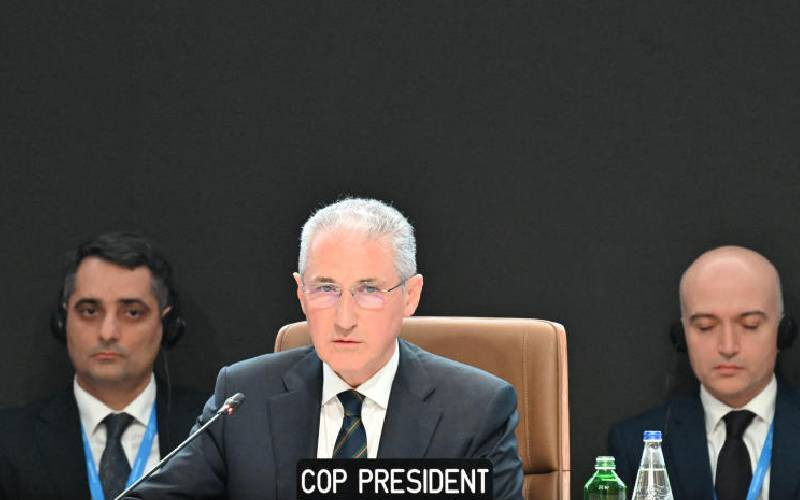×
The Standard e-Paper
Stay Informed, Even Offline

COP29 concluded as a damp squid in Baku, Azerbaijan, early Sunday morning.
The summit, billed as the "Climate Finance COP," ended with developed nations pledging a paltry $300 billion annually by 2035 to support vulnerable nations in addressing the escalating climate crisis.